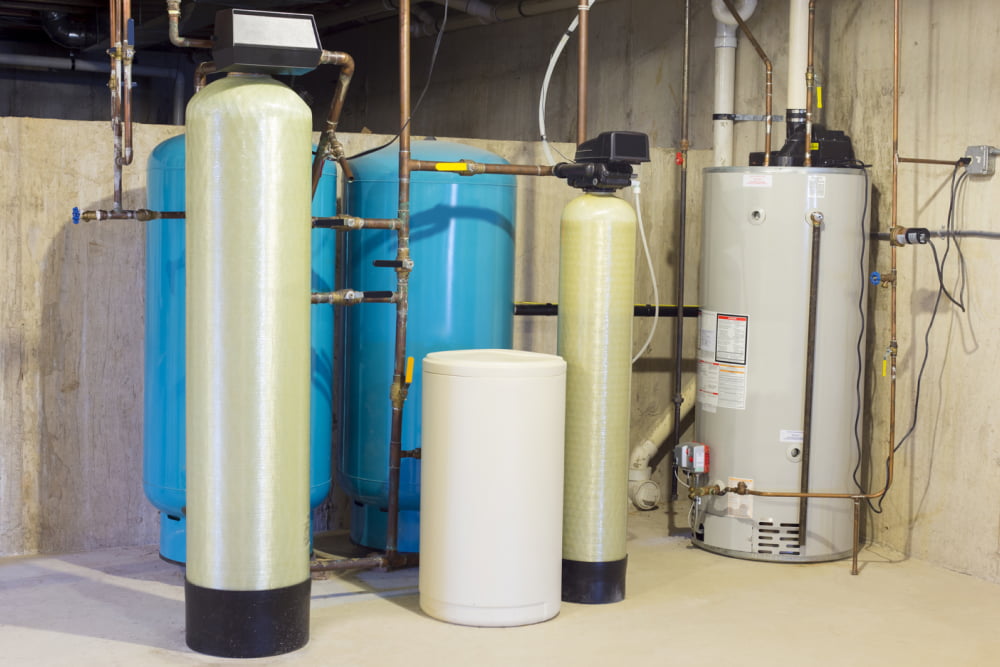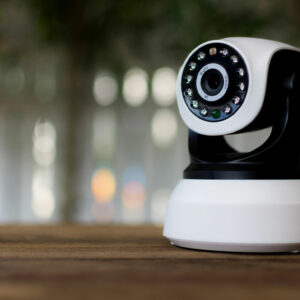5 ways to maintain office water systems

Clean drinking water is an absolute necessity, which is why most workplaces and homes install water filtration systems that can provide people with uncontaminated water. For offices, a water filtration system is a better alternative to having bottled water for all employees. Aside from the convenience of a water system, the environmental impact and cost-effectiveness make it the ideal choice. However, water filtration and purification systems often require regular upkeep. Here is what to expect:
1. Regular filter replacement
For any water filtration system to work optimally, regular maintenance is a must. A crucial part of maintenance is replacing the filter. This can help filtration systems continue to keep contaminants at bay and maintain optimal functionality, especially in an office space where the usage volume is considerably higher than in homes. Over time, the filters can become clogged due to continual use, ultimately affecting the quality of water being filtered. So, one should follow the manufacturer’s instructions for the appliance and follow the recommended filter replacement schedule that helps ensure the water remains clean and safe to drink. If one fails to replace the filters of the office water system, they might have to deal with poor water quality, which can also pose health risks.
2. Periodic cleaning
Keeping the water filtration system clean is as important as replacing the filter. One may have to clean both the external and internal components of the filtration system. This includes cleaning water dispensers, faucets, and any other parts that come in contact with the water. Users need to use mild cleansers to prevent any damage to the parts and follow the manufacturer’s instructions and guidelines to a tee. It is crucial to choose the cleaning supplies with care as harsh products can deteriorate the plastic or rubber parts and corrode the metallic parts of the filtration system. Regularly cleaning the system can also help prevent mineral build-up, bacterial growth, and other contamination, ensuring the water remains fresh and free from unpleasant odor and taste. Further, in an office, multiple people could come in contact with the central water system, so if left uncleaned, the risk of transfer of contagious health conditions is higher.
3. Monitoring water quality
While maintaining the office water filtration system is essential for access to clean water, one also needs to be vigilant about the quality of water. One should keep an eye out for changes in taste, odor, and appearance of the filtered water dispensed from the system. Unusual taste, smell, or color can indicate a problem with the filtration system or the water source. So, one should conduct regular taste tests to ensure the water is clean. One should also address problems by calling in professionals and determining the source of the issue. A careful visual examination can also help one detect any contaminants in the water.
4. Inspecting for leaks
Leaks in a water filtration system can be one of the biggest factors leading to compromised water quality, wastage of water, and water damage. Leaks could result in moisture getting into the walls, furniture, and furnishing, encouraging mold growth. Leaks in the water system could also cause moisture to get into the appliances, making them malfunction. To avoid such issues, one needs to schedule regular inspections of the water filtration systems. Further, one should keep an eye out for wet spots, drips, or puddles around the water system. Promptly addressing leaks can help ensure that the water supply remains uninterrupted and uncontaminated.
5. Following manufacturer guidelines
Each water filtration system comes with its own set of usage instructions and maintenance guidelines. While most of them may seem similar, the exact guidelines can vary from brand to brand and product to product. So, one should carefully review the guidelines every once in a while and keep a copy of the instructions handy. Manufacturers offer these instructions to ensure the water filtration system stays functional and free from technical snags and damage Additionally, one should hold on to the warranty card and check the terms of coverage. In case of system malfunction or damage, replacement and repair costs could be covered by the manufacturer of the water system. However, warranty policy might be applicable only if one maintains the system as per the manufacturer’s guidelines. So, one should review all terms and instructions and ensure strict adherence.



